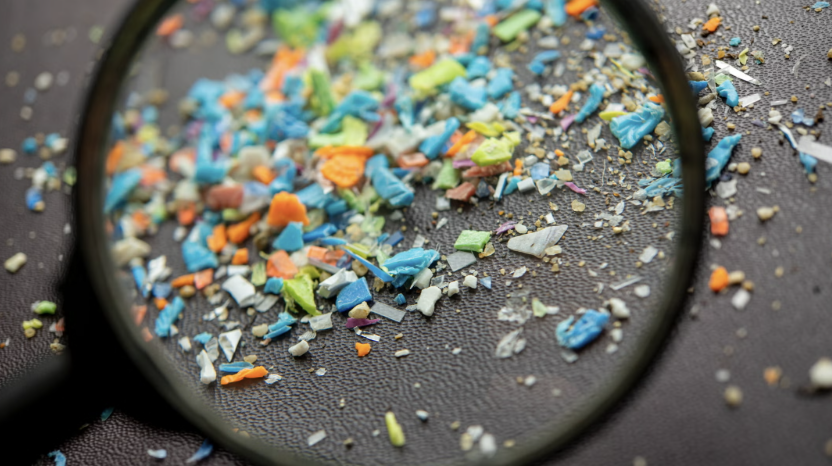Microplastics are tiny plastic particles, less than five millimeters in size, formed from the breakdown of larger plastics like bottles and packaging or manufactured as microbeads in products like cosmetics. These particles infiltrate oceans, soil, and air, posing severe risks to ecosystems and human health. Microplastics cause oxidative stress, DNA damage, organ dysfunction, metabolic disorders, immune responses, and neurotoxicity in organisms. When ingested or inhaled, they can lead to respiratory issues, endocrine disruption, cancers, insulin resistance, and reduced reproductive health due to their ability to carry toxic additives, persistent organic pollutants, and heavy metals. Biodegradable plates, as part of sustainable packaging, help reduce microplastics by breaking down completely into non-toxic substances like water, carbon dioxide, and biomass through microbial action, preventing the formation of persistent particles that pollute the environment.
Unlike traditional plastic plates, which fragment into microplastics under environmental stressors like UV radiation and mechanical wear, biodegradable plates made from materials such as sugarcane bagasse, cornstarch, or coconut husks decompose naturally, preventing microplastic pollution. Conventional plastics, derived from fossil fuels, contribute to the 5.25 trillion plastic particles estimated to be floating in oceans, harming marine life through ingestion and entanglement. In contrast, biodegradable plates degrade within months in composting conditions, transforming into organic matter that enriches soil rather than polluting it. This makes them a cornerstone of earth-friendly packaging, as they avoid the long-term environmental persistence and toxicity of plastics, significantly reducing the microplastic burden and protecting ecosystems from the estimated 100,000 marine animals killed annually by plastic debris.
Biodegradable plates play a vital role in sustainable packaging by offering an eco-friendly alternative that lowers greenhouse gas emissions and reduces reliance on fossil fuels, supporting a circular economy. Their production emits up to 68% fewer emissions than traditional plastics, and their compostability helps divert waste from landfills, where 79% of plastic waste accumulates. By integrating into earth-friendly packaging systems, biodegradable plates encourage the development of composting infrastructure and promote responsible consumer practices. This shift not only mitigates the environmental impact of single-use items but also protects wildlife and human health from microplastic threats. To explore innovative biodegradable solutions, visit www.thedegradables.com and join the movement toward sustainable packaging.

